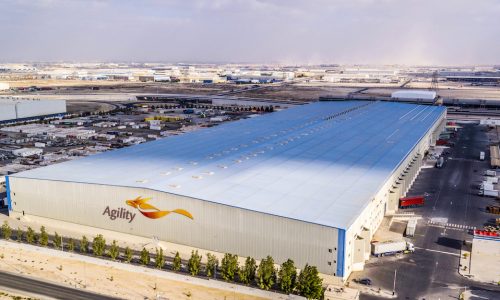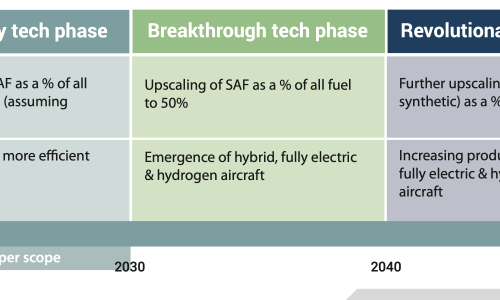The aviation sector is increasingly looking towards sustainable aviation fuel (SAF) as a greener alternative to reduce its emissions footprint, according to GlobalData. The leading data and analytics company notes that the advantages offered by SAF over conventional jet fuel, coupled with government and company initiatives to reduce carbon emissions, will significantly drive the adoption of SAF in coming years.
Nachiket Kaware, Oil and Gas Analyst at GlobalData, comments: “SAF could be a game changer towards sustainable aviation. Demand for this renewable fuel, which is produced from various feedstocks ranging from municipal solid waste to used cooking oil and agriculture/forestry waste, is expected to grow substantially over the next few years as countries push more and more for industries to go green.
“Just look at the UK, which has already announced the ‘Jet Zero’ plan to reduce carbon emissions from transatlantic flights to zero by 2050. This plan includes funding a commercial-scale production facility in the country to deliver SAF to airlines. This could be the first of many such examples.”
Leading oil and gas companies are already participating in the SAF value chain, either by producing SAF or collaborating with SAF producers to promote the development and supply of SAF.
Kaware continues: “Companies such as BP and Royal Dutch Shell have collaborated with SAF producers to enhance the supply of SAF to different airline customers. Further, conversion of oil refineries to both renewable fuel plants and co-processing plants, as well as the construction of new renewable production facilities is expected to boost SAF production.”

